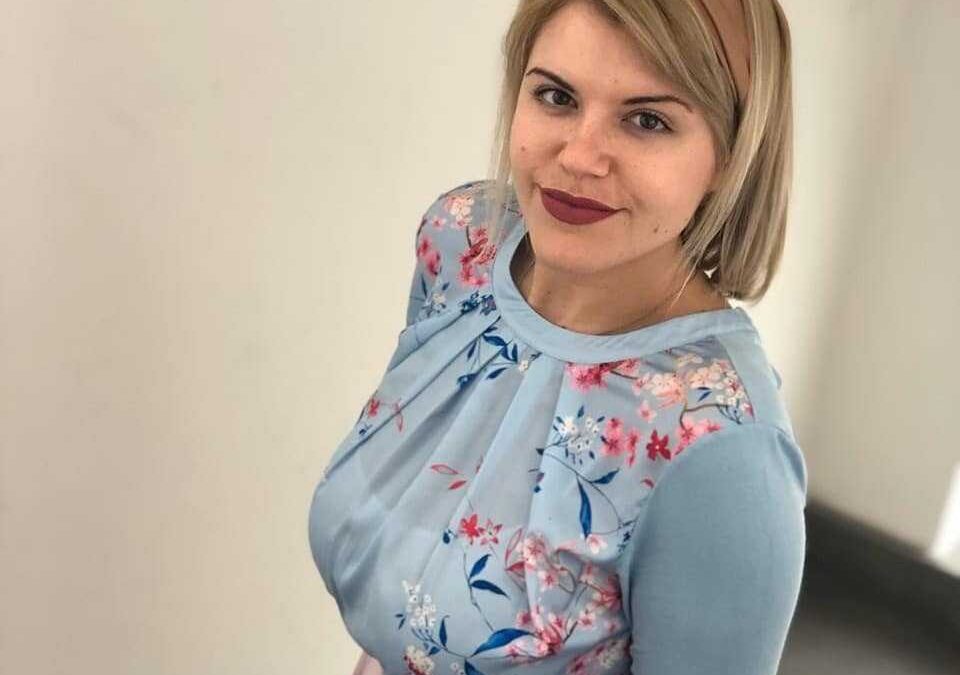A Changing America – What Will the Future Bring?
By Tereza Vujošević, M.A. Candidate at Faculty of Political Science, University of Montenegro
A Changing America and a Dynamic Eastern Mediterranean seminar gathered world renowned scholars, diplomats, current and former politicians whose carriers have been closely connected with international relations, in particular between the United States and the Eastern Mediterranean countries. I would say that multifaceted approach of shedding light on dynamics in this part of the world was valuable for participants aiming to continue, or even start, professional engagement within this area, primarily students, researchers and future leaders.
Avoiding or delaying problems should not be an option
First day kicked off with sessions discussing how the United States could approach foreign policy and what would be its priorities taking into consideration “collapse” of current international order, more divided world, tensions between countries, as well as social dimension and more people living in poverty. It seems that it will be challenging to choose priorities among those declared in Biden’s “to do list”: strengthening coalition of democracy, fighting inequalities, restoring leadership of the United States, making significant progress in pushing back climate changes. One of the most important takeaways from opening speeches was made by Mr. Hoyt Brian Yee, from the US Foreign Service and Former Deputy Assistant Secretary for European and Eurasian Affairs, which was to focus on acting preventively before it is too late and using preventive diplomacy. From speakers we could learn that peace builders sometimes avoid it because “no one gets credits if disaster did not happen”. Anyhow, avoiding or delaying problems should not be an option.
“Acting preventively before it is too late.”
Further lectures could not pass without touching upon 6th January and role of mainstream media in promoting narrative that the election was fraudulent and calling for defending of the vote. Although disinformation was planted and conspiracy theories have yet to be revealed, it cannot be denied that January 6th event was a huge red flag for democracy.
History of mankind is history of migration
When it comes to refugee situation, speakers mostly supported idea of peace and diplomacy taking hold. Enormous humanitarian disaster is not issue that can be addressed by individual countries but with strategies. That is why it is important for the West, particularly the United States, to step up financially to refugees and help their countries of origin. Having in mind that history of mankind is history of migration it is of utmost importance to prevent violating refugees’ rights, their dignity and create more inclusive national policies, but not only formally. Because of that much more attention should be paid to managing migrations and focusing on integrating migrants/ refugees instead on disputes and further tensions.
“Integration is two-way process: it should be desirable by both sides.”
Regardless causes for leaving countries of origin (demographic, political/economic situation or climate changes) all migrants should be treated equally, and their rights respected. Whether it is about reasons driving irregular migration, or those regarding unsuccessful integration, multi-sectorial approach is inevitable. Costs of ignoring problems are high and lack of effective policies to fix migrations lead to increased risk of exploitation. Therefore, key component of solution is inclusion, but bearing in mind that integration is two-way process: it should be desirable by both sides.
Western Balkans Limbo
Western Balkans seems to be in a limbo at the moment, especially when it comes to the EU accession. While first decade of the XXI century was “enthusiasm decade”, second one was largely different, and still we do not know what the mist of COVID will going to reveal. It seems that political maturity and institutional capacity to deal with current situation are lacking. Being in between four main actors (the EU, the United States, China and Russia) does not make any easier position of Balkans.
“Eastern Mediterranean is a place of global competition.”
Trying to summarize I will say that we are in kind of conjunctional moment when it comes to relations between the United States and the Eastern Mediterranean. Even the EU has recognized that the Eastern Mediterranean is not peripheral to Europe, but rather central. It is not peripheral globally either, actually it is more place of global competition or even crossroad. Changing patterns in the Middle East impact the Eastern Mediterranean or more precisely – regional security complex. The new US administration will have to pay attention to areas of migration, climate change and energy resources, because now, maybe more than ever, everything happening in the United States has direct implications in this part of the world.
……
Tereza Vujošević is a political scientist with an academic background in international relations, journalism and gender studies. currently M.A. candidate at at the Faculty of Political Science at University of Montenegro. During her studies, Tereza received various awards including the one for Best Student of the Political Science Department, the Konrad Adenauer Stiftung award for talented students and the UNU GEST scholarship. She has been working for the Montenegrin Red Cross since 2018.
Disclaimer: The views and opinions expressed in these post are those of the individual involved and do not reflect official policy or position of Ministry of Foreign Affairs of Montenegro and its Diplomatic Academy.

